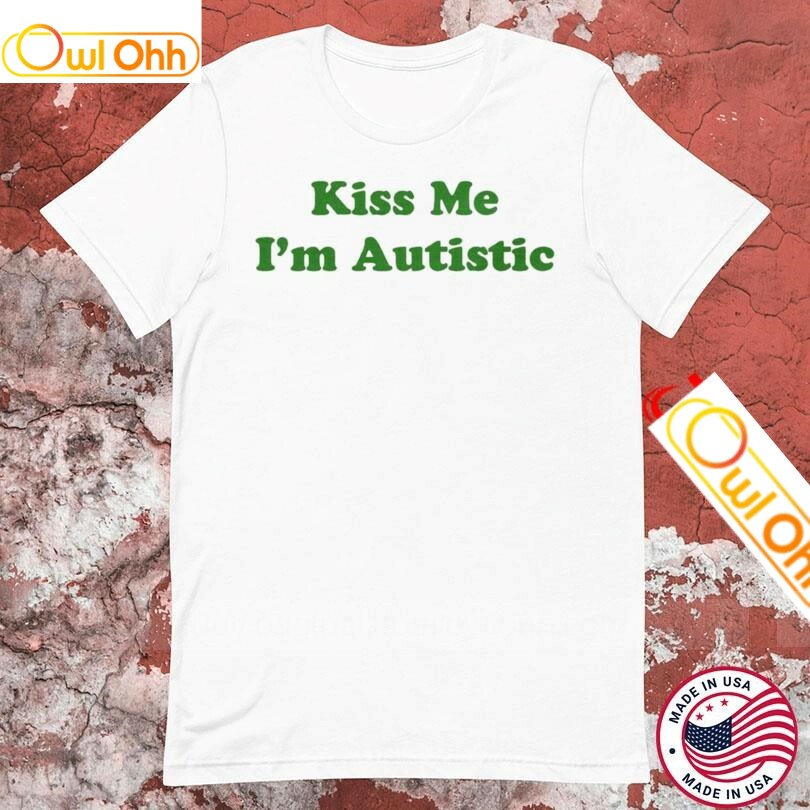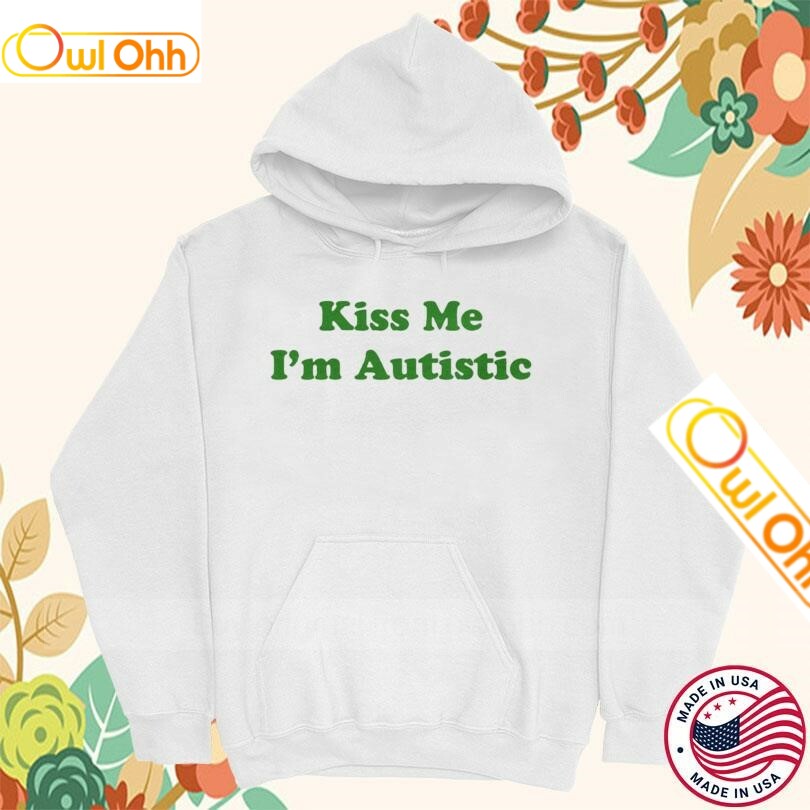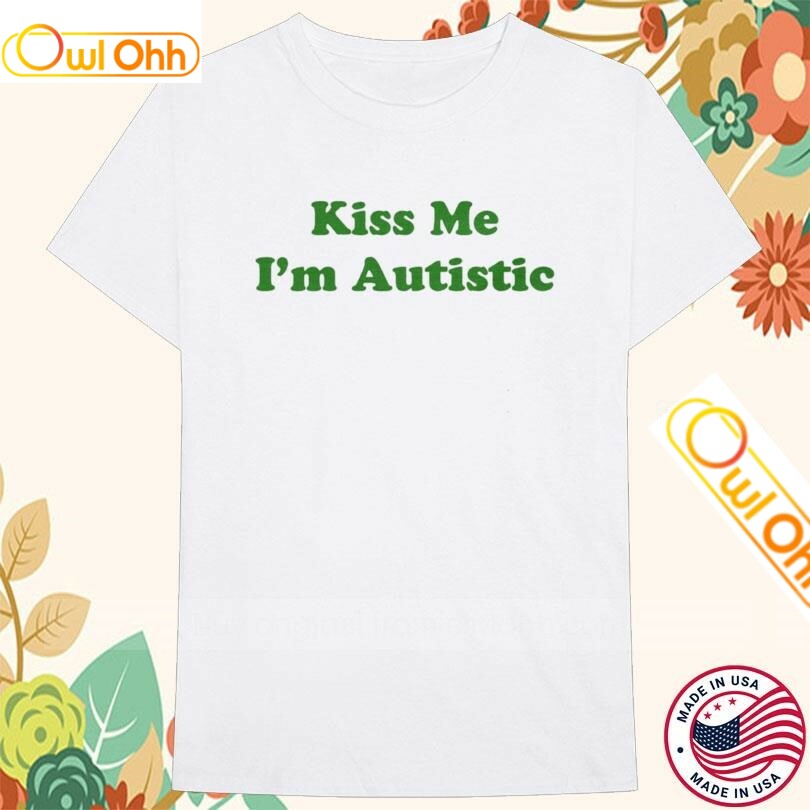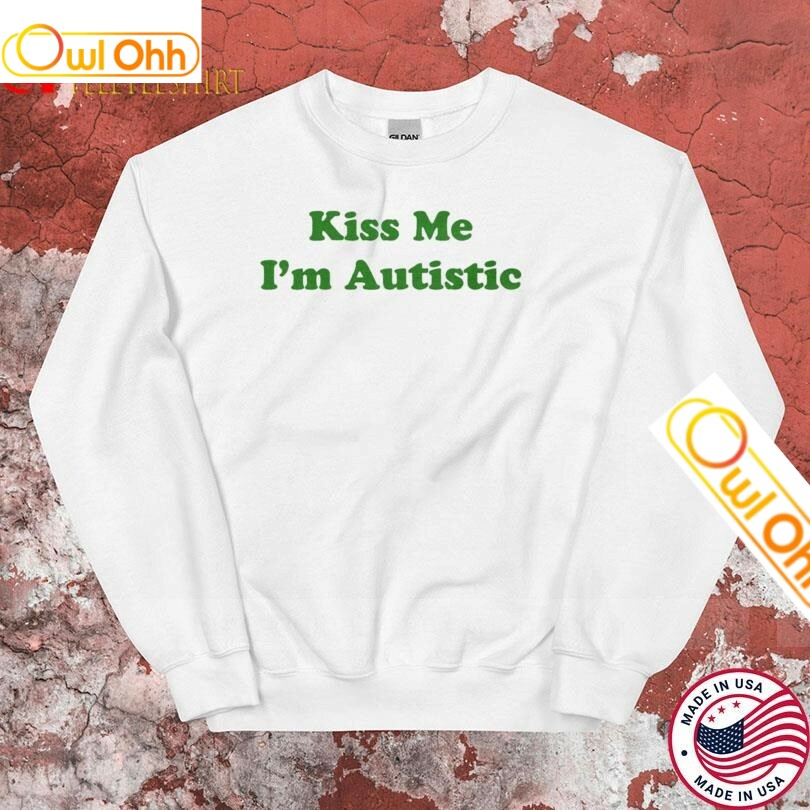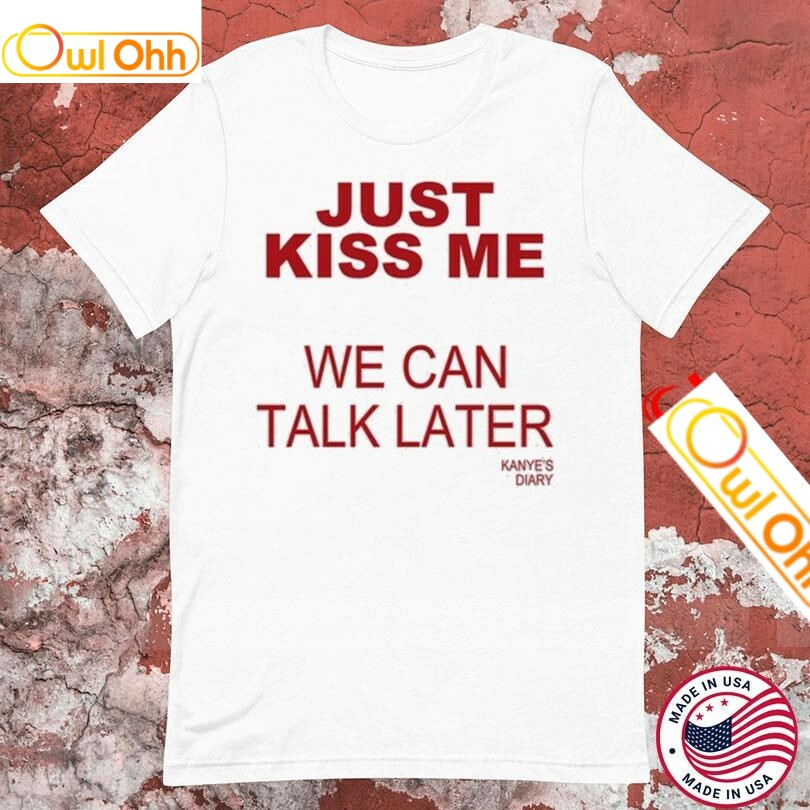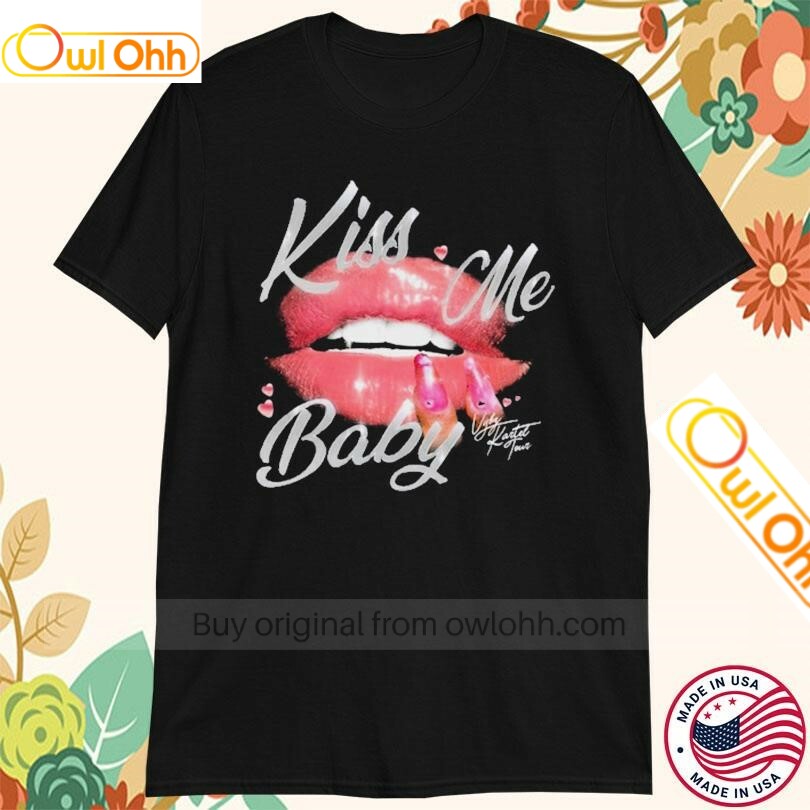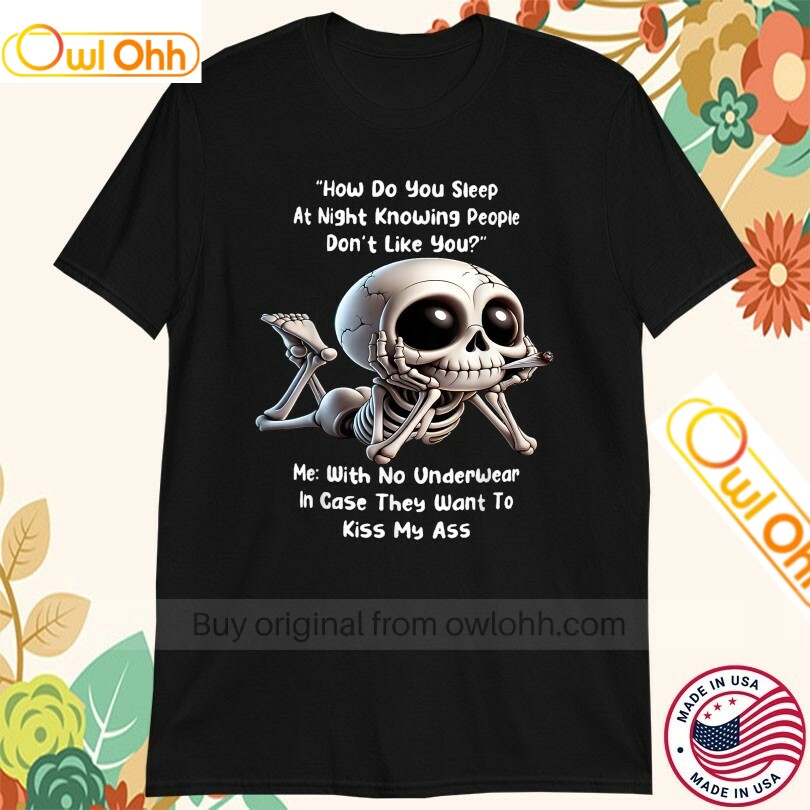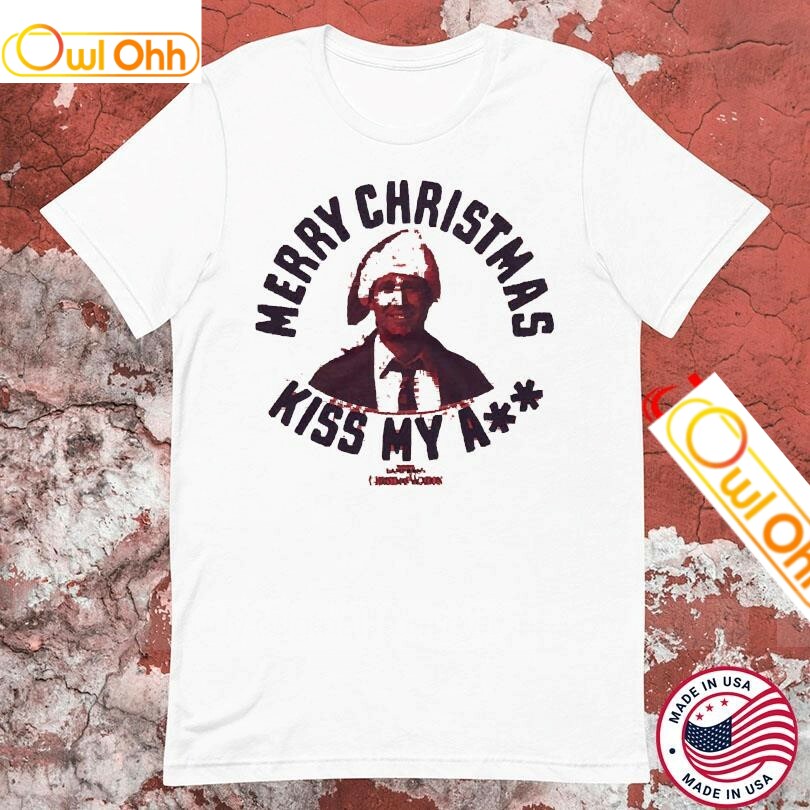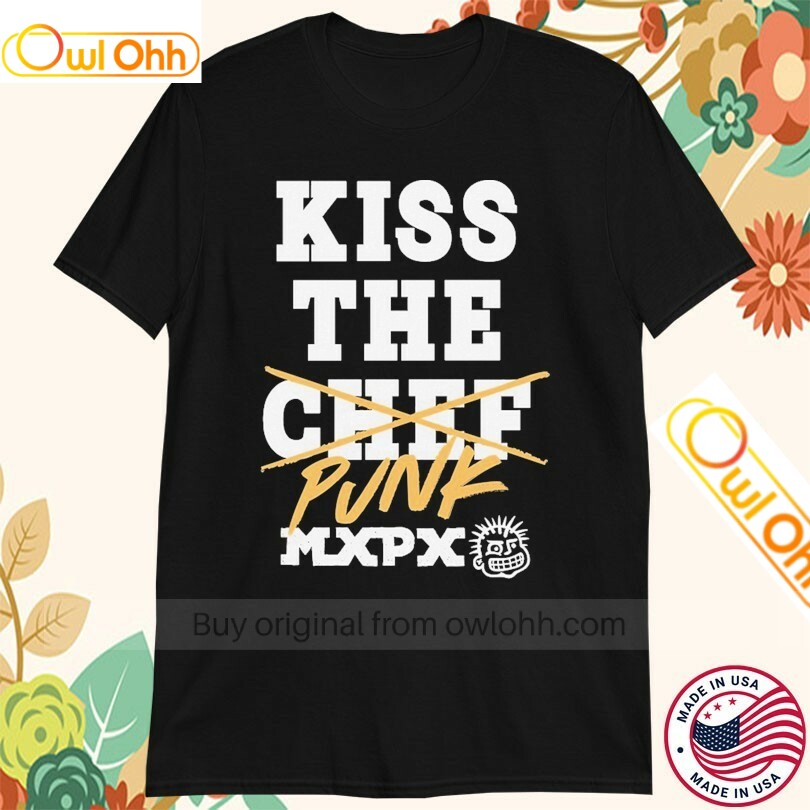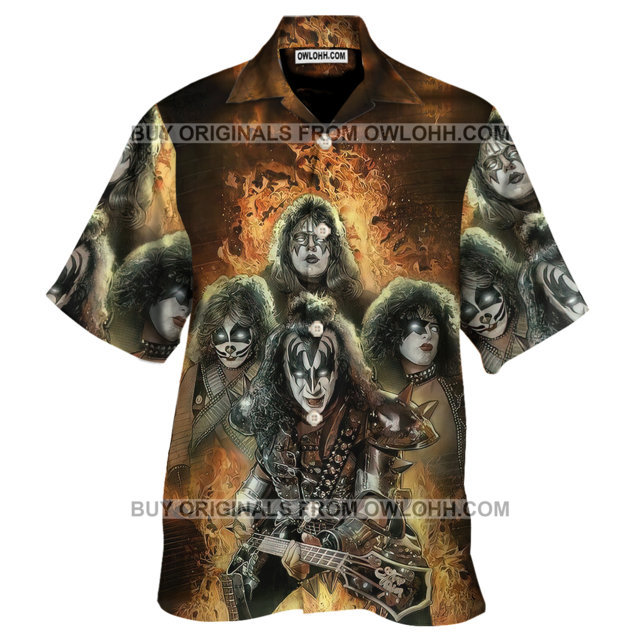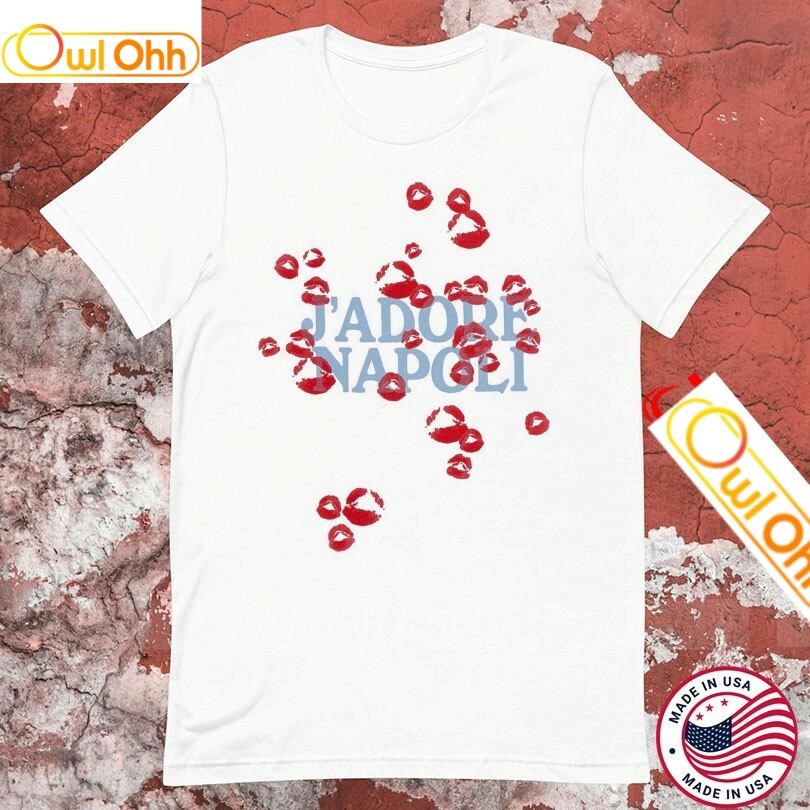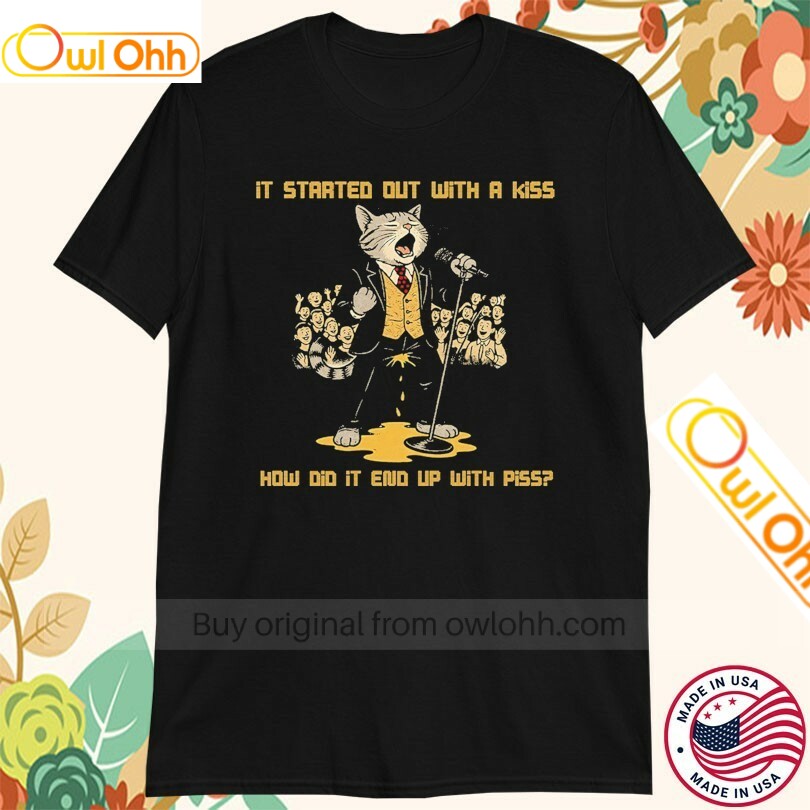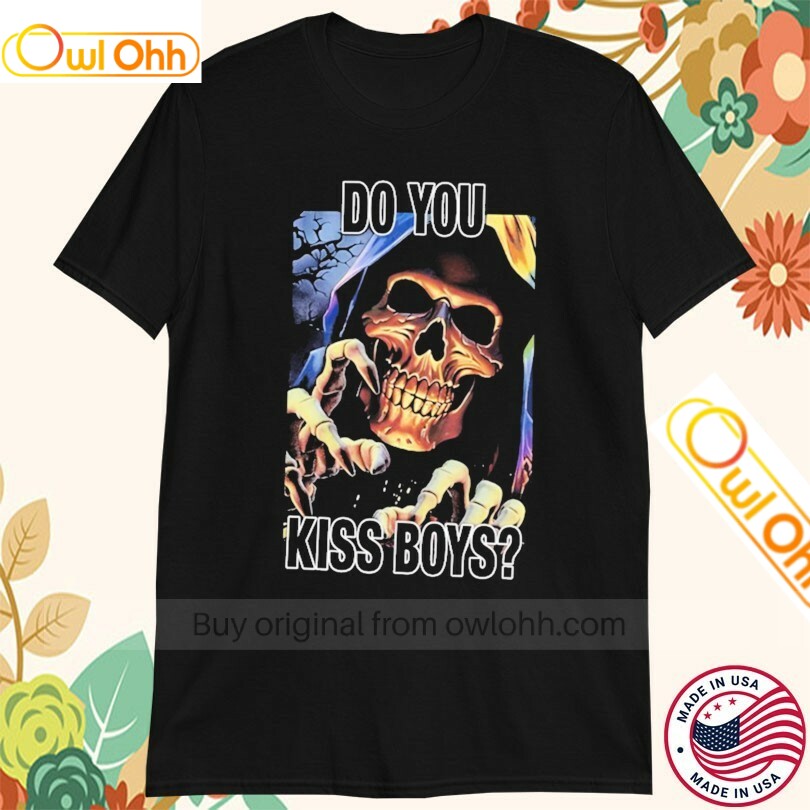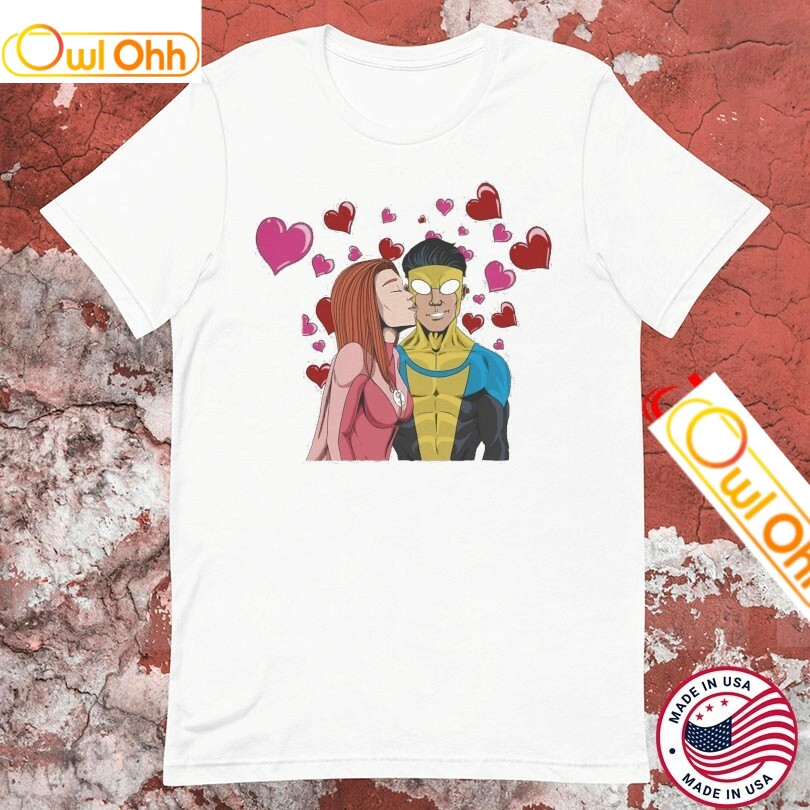Kiss Me I’m Autistic T-Shirt, Hoodie, Sweatshirt, Tank Top For Men Women Kid
$21.99
- Full refund for faulty and lost products. No question asked.
- Full or Partial Refund if the item is not as described.
- Need support Open A Ticket Now !
Related products
Hawaiian Shirt
Hawaiian Shirt
Hawaiian Shirt
Hawaiian Shirt
Hawaiian Shirt
Hawaiian Shirt
The phrase “Kiss Me I’m Autistic” emblazoned on a t-shirt carries a powerful message, one of self-acceptance, identity, and a desire for connection. While the initial reaction might be a flicker of humor, the underlying sentiment is deeply rooted in a movement promoting neurodiversity and challenging societal misconceptions surrounding autism. The individuals who choose to wear such a shirt are making a public statement, a declaration of who they are and a demand for understanding. It’s a way of preemptively addressing potential misunderstandings and bridging the gap between autistic individuals and the neurotypical world. This simple piece of clothing serves as a conversation starter, an educational tool, and a symbol of pride. It challenges the stereotypes often associated with autism and opens the door to dialogue and acceptance, hopefully leading to a more inclusive environment for everyone.
Kiss Me I’m Autistic T-shirts: best trending this year
The significance of apparel like these extends beyond the purely communicative aspect. It provides a vital sense of community and belonging. For autistic individuals, finding others who share similar experiences and perspectives can be incredibly affirming, particularly in a world often designed for neurotypical people. Wearing clothing with a shared message fosters a sense of solidarity and reduces feelings of isolation. It becomes a visual identifier, a way to connect with others on the spectrum or with allies who understand and support the neurodiversity movement. This shared identity is critical for fostering a positive self-image and empowering autistic individuals to embrace their authentic selves without shame or apology. The support this generates is a crucial element of the overall positive impact of the design.
However, the creation and use of such clothing is a complex undertaking, requiring careful consideration of ethical implications. Some argue that the phrase could be perceived as infantilizing, trivializing the lived experiences of autistic adults. The potential for misinterpretation by the general public is another crucial factor. Will the message be seen as intended, as a call for understanding and acceptance, or will it be misconstrued as a request for special treatment or as a punchline? The context, design, and target audience all contribute to shaping the message and how it is received. Creators of this apparel must thoughtfully consider these aspects, balancing self-expression with the potential for misinterpretation and ensuring the message does not inadvertently perpetuate harmful stereotypes.
The design itself plays a critical role in the overall impact. The visual aesthetic should reflect the tone and intent of the message. A playful design with bright colors might appeal to some, while a more understated and serious approach could resonate with others. The font, graphic elements, and overall layout contribute to the shirt’s ability to convey the message effectively. Furthermore, the quality of the materials and the comfort of the shirt are important considerations. The apparel should be well-made, durable, and suitable for everyday wear. This demonstrates a commitment to the wearer and enhances the positive experience of wearing the garment and proudly displaying the unique message.
Kiss Me I'm Autistic T-Shirt, Hoodie, Sweatshirt, Tank Top For Men Women Kid




- Orders can be canceled or modified within 2 hours after being placed.
- Due to unforeseeable delivery bottlenecks with our suppliers as well as delivery companies, deliveries may be delayed depending on situation or circumstance. We apologize for any transpired inconvenience during the shipping process.
- Tracking Number: When available, we will send you the tracking number with the confirmation email so that you can track the package online.
- The above time frame is only applied for orders in the US with standard shipping methods.
- The majority of our orders are processed and shipped within the time frame we offer above. However, the time period above is only approximate and can differ in individual cases. Some items/orders may require a longer ship-out and/or delivery time frame.
- Worldwide Shipping Available: At OwlOhh, we ship products to over 100 countries worldwide. More details












